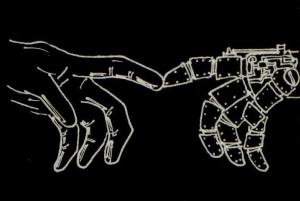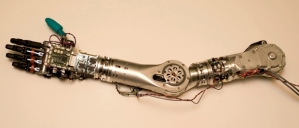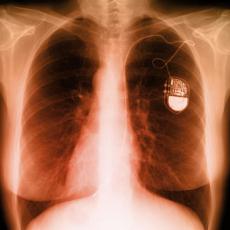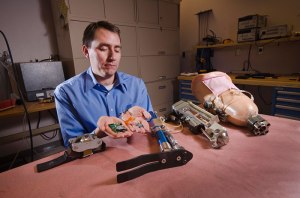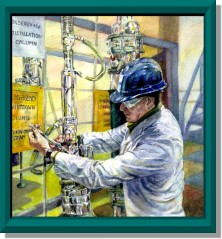Throughout the years, chemical and biomedical engineering have become very important areas of development and innovation. Individually they have both have a great impact on human live. However, one of the strongest impacts they have had was accomplished by forming a connection between the two. Together, these two fields of engineering have come up with new techniques and the have designed new devices to help improve the field of medicine as a whole. The combination of the two has become very important for many improvements in biomedicine, and they have led this field to grow as a whole at a very fast pace.
While chemical engineers have focused on studying molecular structures and dynamics of materials, they have been able to describe the macroscopic behavior of many different materials. These descriptions have come very handy for chemical engineers. By using them, chemical engineers are now able to come up with new ways of designing and analyzing unit processes in order to achieve the desired physical or chemical changes in an easier way. The description at the molecular scale of these materials has become a key part of chemical engineering, and it has allowed chemical engineers to be successful when trying to improve life as a whole.
Similarly, the field of Biomedical Engineering uses the principles of chemical engineering and modifies them in different ways in order to apply them to human beings. Since the same principles are being put into practice in living organisms, biomedical engineering is considered to be one of the sub-divisions of the so broad field of chemical engineering. One of the most interesting parts about this field is that it requires the participation of different professionals specialized on different things. It requires of course chemical engineers, but it also requires biochemists, physicians, biomedical engineers, and many other health care professionals depending on what the project consists of. One of the reasons why this field has had such a great impact on the field of medicine is due to biomedical research. Biomedical research focuses on the goal of creating new materials and designing new products that will improve bodily form and/or function. This has resulted in the development of devices such as pacemakers, prosthetics, and many others.
Each of these fields has clearly had a very important role on the improvement of medicine and life as a whole. They have found a way to help those in need, and most importantly they have found new ways to treat and fix many life threatening diseases. By developing new instrumentation, and new devices they have changed the field of medicine dramatically. They have provided amazing instrumentation, they have designed new products, and they have found different ways to make the field of medicine as a whole better, and much more successful. Chemical and Biomedical engineers have become a key part of the field of medicine, and they have been the reason why such great advancements have been made in medicine in every way possible.

